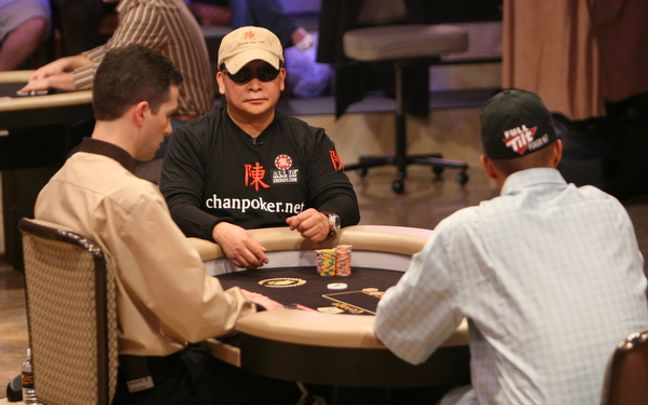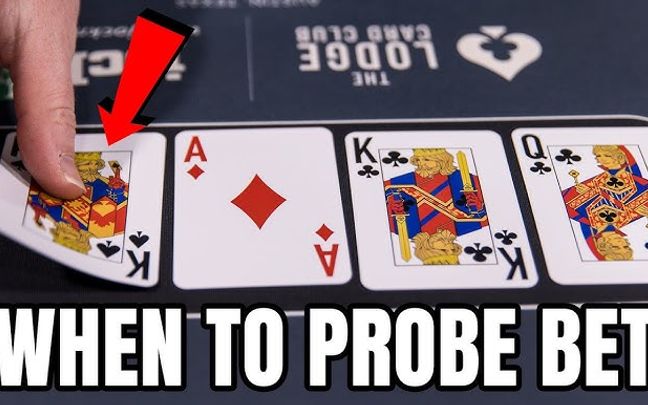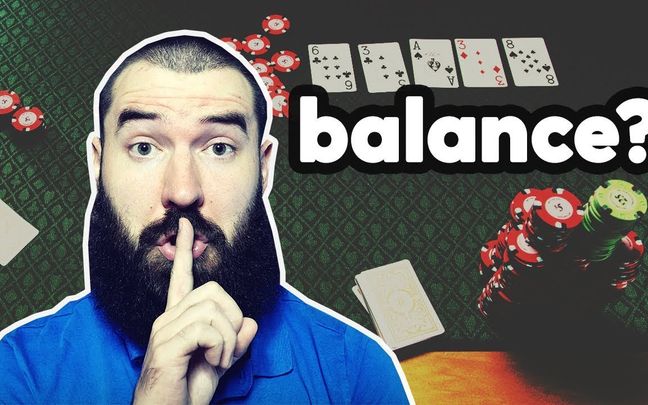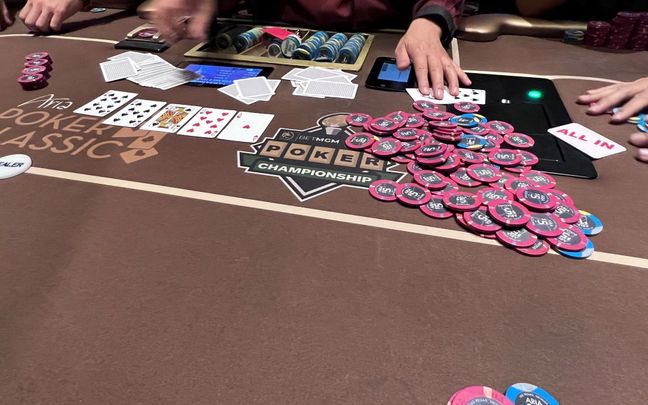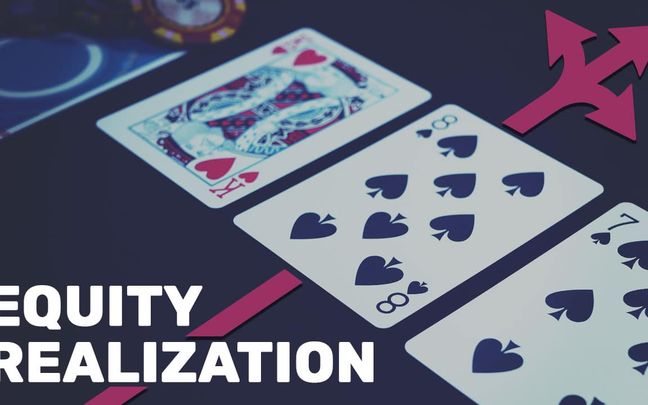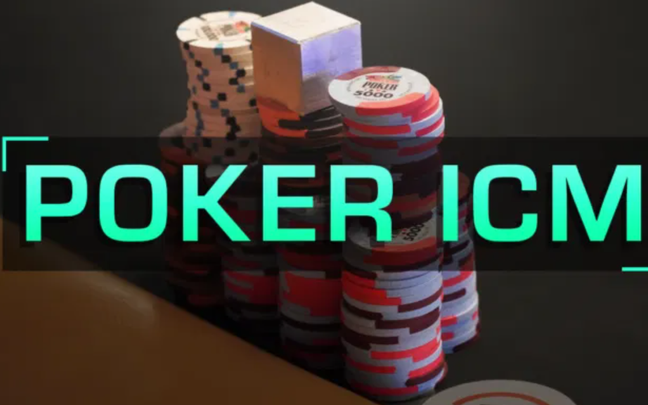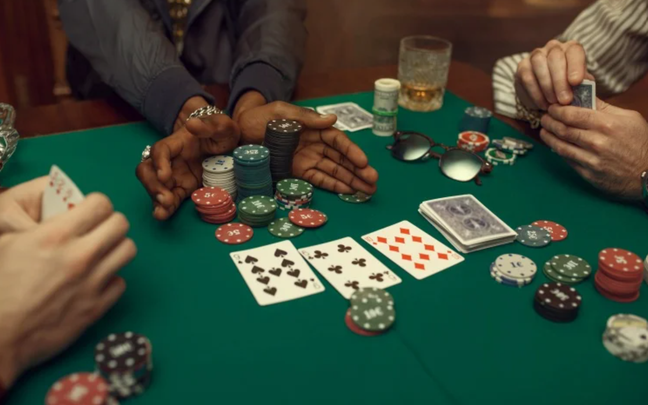Blind is a basic concept, but many people still don't really understand what blind is in poker. When we talk about blinds, we are talking about the mandatory bets that players must place before the start of each round. This not only helps to maintain the excitement of the game, but also kicks off a series of important strategic decisions, marking the beginning of an offensive and defensive card war.

What is a blind in poker?
If you are wondering what a blind is in poker, it can be simply understood that "blind" (or "blind") is a mandatory bet that two players must place before any cards are dealt. Blind is an important part of the game, especially in variations such as Texas Hold'em and Omaha. Here are the details of the types of blinds.
Small blind
The player sitting immediately to the left of the dealer is required to place this bet. The value of the small blind is usually half that of the big blind. For example, if the big blind is 10 units of currency, the small blind would be 5 units. This is a mandatory bet that must be placed before the cards are dealt.
Big blind
The player sitting to the left of the small blind is required to place this bet. The value of the big blind is typically the minimum bet in the game. For example, if the minimum bet is 10 units of currency, the big blind will also be 10 units. Like the small blind, this is a mandatory bet that must be placed before the cards are dealt.
What Is the Purpose of Blinds in Poker?
After understanding the concept of blinds in poker, it's important to delve into their purpose, along with the strategic elements and their impact on the game.
Stimulating Action
One of the primary purposes of blinds is to stimulate action right from the start of the hand. Without blinds, players might simply sit and wait for strong hands without worrying about losing chips. Blinds force players to engage in the hand, making the game more exciting and dynamic. With each betting round, the number of chips in the pot increases, making it more enticing to win. This encourages players not only to bet when they have strong hands but also to bluff and use strategy to win pots.
Creating a Time Pressure
Blinds introduce a time pressure element into the game. Each betting round requires players to post blinds; otherwise, they gradually lose their chips without participating in hands. This forces everyone to act and make decisions rather than just sitting back and waiting. This pressure also helps prevent overly passive play, compelling everyone to get involved in the game and showcase their skills.
Balancing Positional Advantage
In poker, a player’s position at the table is crucial. The player in the last position (the dealer or button) has the greatest advantage because they act last, having observed all the other players' actions. Blinds help balance this advantage by requiring the two players immediately after the dealer to post the blinds (small blind and big blind). These players must make decisions before knowing how their hand will play out, reducing the advantage of being in the last position.
Establishing a Foundation for Strategy
Blinds are not just a mandatory betting mechanism; they also lay the groundwork for many poker strategies. Players need to adjust their strategies based on their position relative to the blinds. For instance, when in the blind positions, players often have to make decisions with less information than other positions. This requires caution and skill to avoid losing too many chips. Conversely, players in the last position can leverage their advantage to attack the blinds and win with larger bets.

The Impact of Blinds on Poker
Blinds have a significant impact on poker, from initiating betting rounds to shaping strategies and influencing the overall atmosphere of the game. Below are the key impacts of blinds in poker.
Initiating Betting Rounds and Maintaining Excitement
Blinds serve as the first active element in each hand of poker. By requiring players to post blinds at the start, it ensures immediate participation in each hand and sets an initial betting level. This helps maintain the excitement and tension of the game right from the beginning.
Creating Opportunities for Strategy
Blinds greatly influence how players choose and execute their strategies. Posting blinds early in the round requires all players to think about how to optimize their strategy, including whether to call, raise, or fold. This creates an opportunity for poker players to showcase their analytical and strategic skills.
Creating a Gradual Betting Increase
Blinds typically increase over time, leading to a gradual rise in the stakes throughout the game. These increasing blinds encourage players to make more strategic decisions while also providing the potential for larger rewards as the game progresses.
Increasing the Appeal and Challenge
Blinds add to the appeal of poker by creating a challenge for all participants. Players must assess and decide whether participating in a hand with the initial blind bet is worth the potential reward.
In summary, blinds are not just a part of the poker rules but are a critical element that defines the nature and appeal of the game. They encourage participation, create opportunities for strategy, and enforce strategic decisions while ensuring tension and challenge throughout the poker session.

Everyone should understand the role of blinds in poker, as they are crucial and indispensable. Blinds not only ensure that there is money in the pot from the start but also create a dynamic playing environment, stimulate action, and require players to employ flexible strategies. Understanding the purpose and impact of blinds will help you develop more effective strategies and maximize your advantage in each hand.

